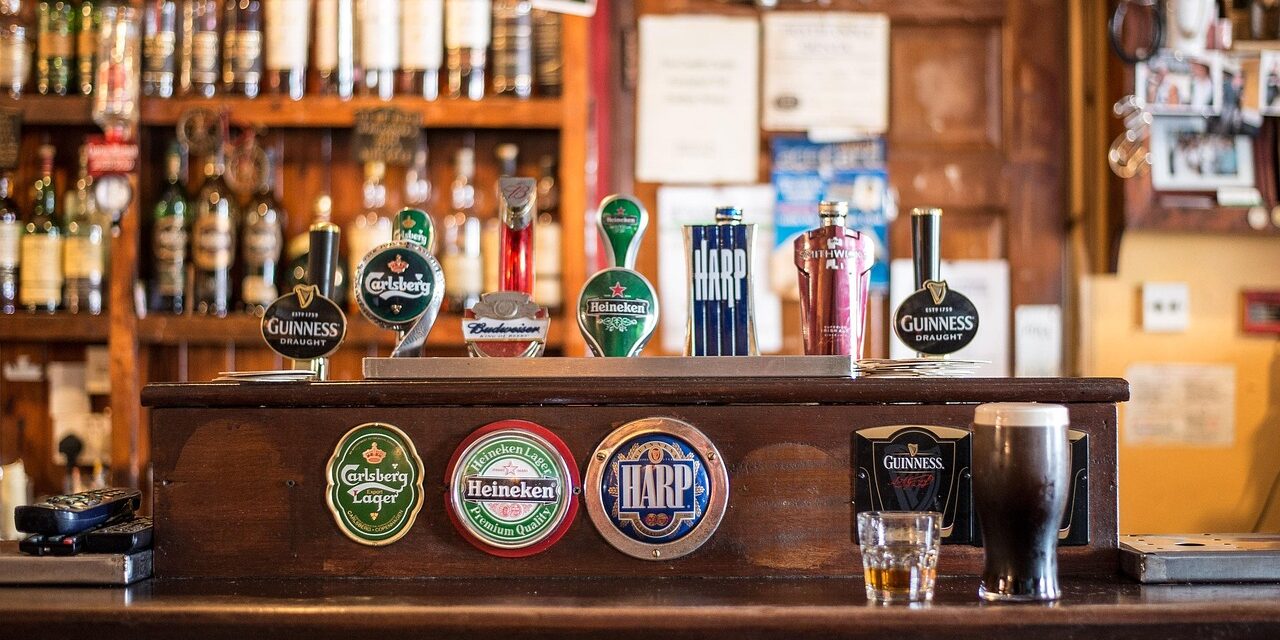Beer mugs and wine glasses are losing their place at the table for America’s youngest adults. Members of Gen Z are rejecting the heavy-drinking culture of previous generations, turning instead to moderation, mocktails, and functional wellness drinks. This cultural shift is influencing everything from bar menus to product development in the beverage industry.
Gen Z reports lower regular consumption of beer (19%), wine (20%), and spirits (18%) than Millennials, Gen X, or Baby Boomers, according to Statista. Analysts point to health-focused lifestyles, growing demand for alcohol-free alternatives, and the influence of social media on personal image as key drivers behind the decline.
Gallup data reinforces the trend, revealing that just 54% of U.S. adults consume alcohol—the lowest rate in 90 years—and 53% believe even moderate drinking is harmful. Among adults aged 18 to 34, nearly two-thirds see alcohol as a health risk, highlighting the depth of the generational shift in attitudes towards drinking. (RELATED: Wisconsin Dairy Industry Triumphs Against Out-of-State Interests)
At the same time, Gen Z is fueling one of the fastest-growing corners of the beverage industry: non-alcoholic alternatives. Sales of mocktails, alcohol-free beer, and low-ABV drinks are surging, creating an entirely new market segment aimed at consumers who want the social experience without the side effects.
Major retailers are dedicating shelf space to “zero proof” products, while bars and restaurants now feature sophisticated non-alcoholic menus that go far beyond soda and juice. Demand for these options has expanded so quickly that global non-alcoholic beverage sales are projected to reach $30 billion within the decade, driven in large part by younger consumers.
This shift is already reshaping established industries. Kentucky’s $9 billion whiskey sector has raised alarms over the lack of bourbon drinkers among Gen Z, even as younger consumers lean toward canned cocktails and functional drinks branded as healthier, trendier, and more adaptable to their lifestyle.
Gen Z’s reduced alcohol use may not eliminate drinking entirely, but it has already altered consumer expectations and reshaped the market. Whether moderation and these trends continue as the generation ages remains uncertain, yet their influence on drinking culture and product innovation is undeniable. (RELATED: Wisconsin Congressman Saves 11 Year-Old Boy in Crash on Interstate)

